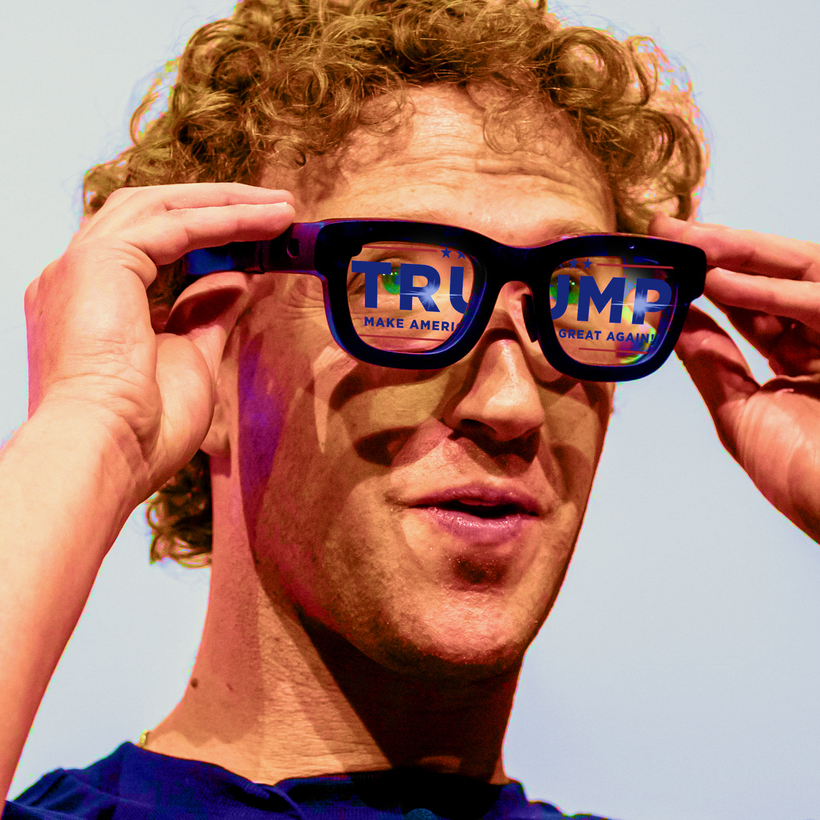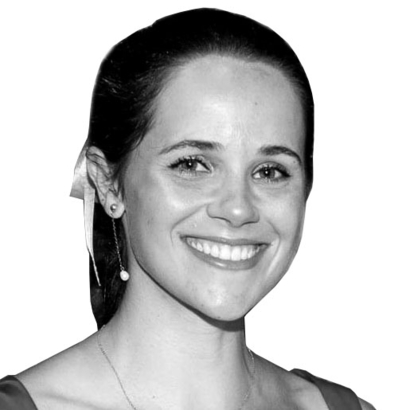No, social-distancing measures were never part of a plan to “install Sharia law” during the coronavirus pandemic. Nor does Nancy Pelosi’s husband own Dominion Voting Systems, the election-software company whose product “glitched in favor of Biden” in the wake of the 2020 presidential election. And SpongeBob SquarePants’s pineapple under the sea, while prime Bikini Bottom real estate, is not, in fact, located on Little St. James, the private Caribbean island once owned by Jeffrey Epstein.
I came to the above conclusions after hours of painstaking research, from scouring the then House Speaker’s financial-disclosure reports to cross-referencing satellite images of Little St. James with the address on the fictional fry cook’s elusive boating license.


